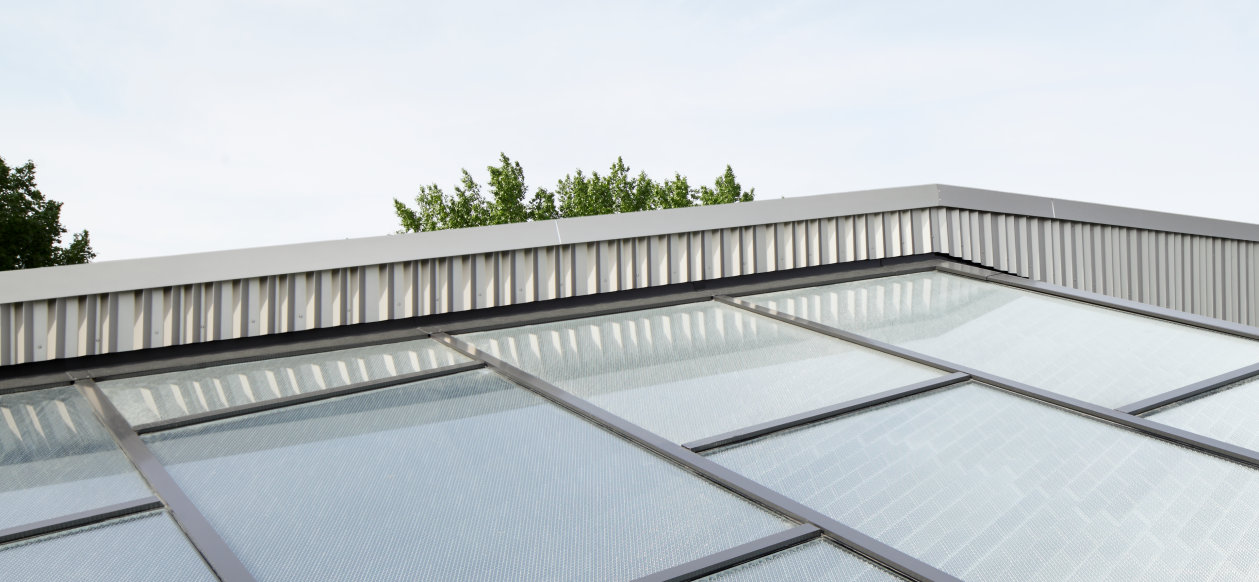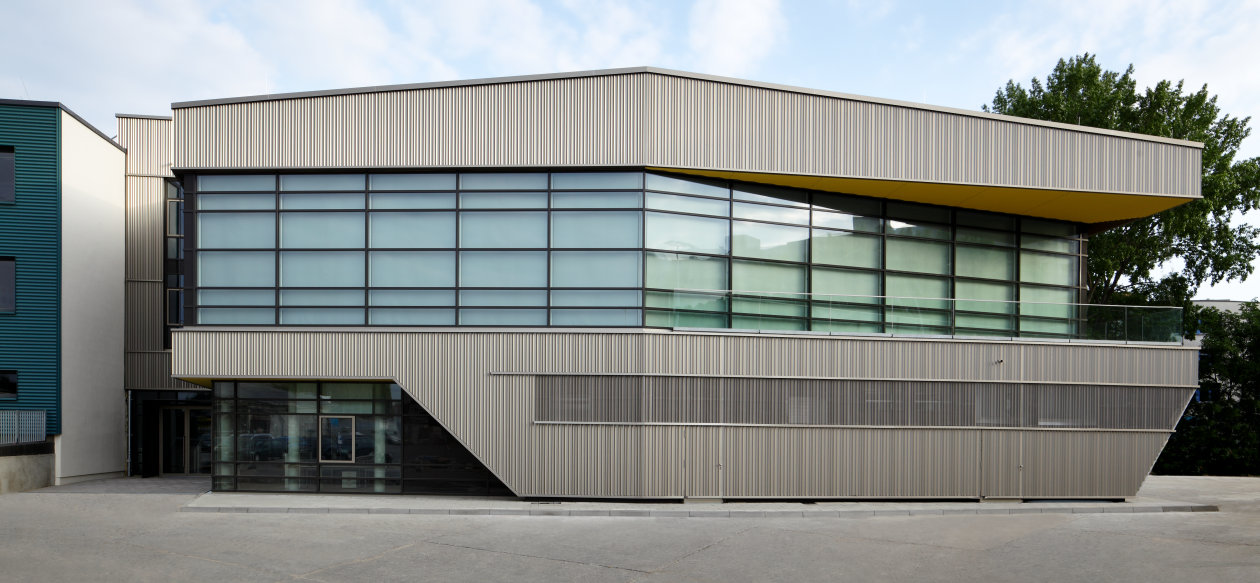Daylight systems – utilising the benefits of natural light
Without sunlight there's no life, and without light there's no wellbeing. Natural light from the sun is not only an inestimable energy source, but in addition to water and nourishment is one of the most important fundaments of human life.
Daylight enables the formation of vitamin D3 that promotes the lime construction of bones and metabolic processes. It also improves resistance to infections, increases physical and mental performance, enhances the supply of oxygen for the organs and prevents premature signs of tiredness.
Daylight for well-being
Sufficient daylight chokes production of the sleeping hormone melatonin and reduces the danger of seasonally-dependent depression. Instead of this, production of the hormone serotonin is increased that improves the sense of wellbeing.
Large windows support these positive effects by allowing views of the outside, and also create a feeling of distance and a pleasant sense of space. Daylight supplies us with important information about the climate, space and time. Only with daylight do we see objects with their natural colour.
Daylight systems for efficiency
Daylight is also warmth, and in summer months this can lead to uncomfortable room temperatures. Daylight is characterised by extreme brightness fluctuations that are difficult to equalise. Glare can significantly impair work on computer screens.
Daylight systems use the advantages of natural light and compensate for its disadvantages. They make daylight calculable without disturbing its information content, and help to save energy costs from air conditioning caused by artificial lighting.






